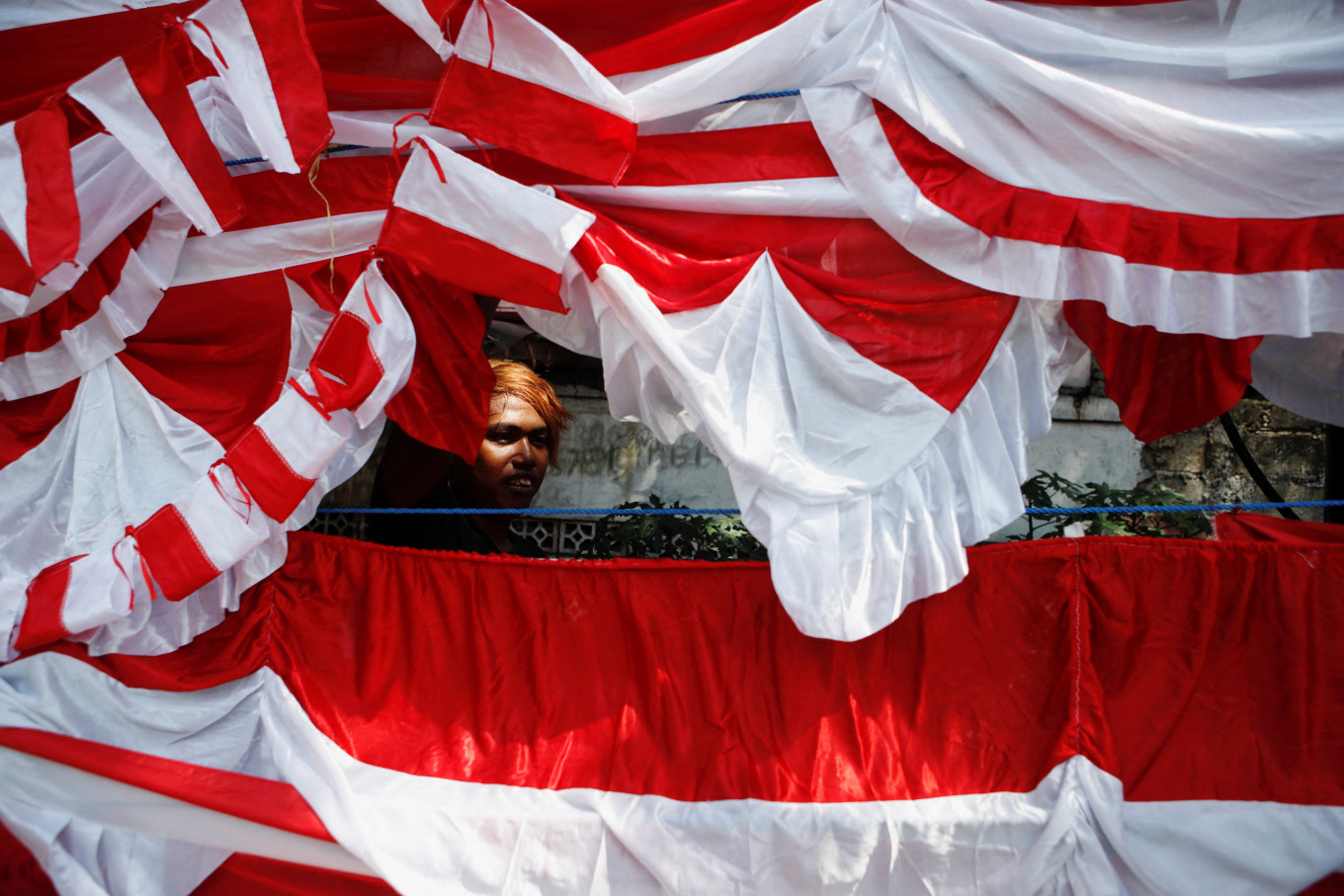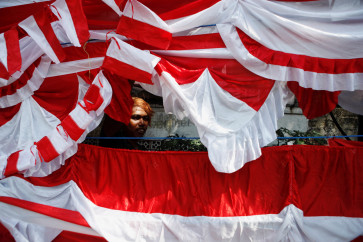Popular Reads
Top Results
Can't find what you're looking for?
View all search resultsPopular Reads
Top Results
Can't find what you're looking for?
View all search resultsCommemorating Independence Day: Are we truly free?
Public interests are often overlooked in favor of satisfying group or personal egos, which is why many policies and state practices become mere formalities, ineffective and off-target.
Change text size
Gift Premium Articles
to Anyone
M
erdeka! (freedom), is a powerful word that resonates across Indonesia every August, symbolizing the struggle to break free from the shackles of colonialism. Yet, as we celebrate Independence Day each year, the same question surfaces: Are we truly free?
Grasping the full meaning of this word requires a comprehensive and deep understanding. Independence is not just about national sovereignty; it encompasses all levels—from the global to the individual.
At the macro level, independence is often interpreted as Indonesia’s liberation from colonial rule. In this context, merdeka is synonymous with the freedom of a nation or an individual from external control, especially concerning the exploitation and governance of resources. Based on this definition, Indonesia has indeed freed itself from the influence of other nations in managing its potential. But is this enough to declare that we are fully independent?
Independence must also be examined from micro and meso perspectives. At these levels, the questions arise: How are the social and economic structures of society managed? Have the people truly freed themselves from the dominant influence of certain groups and claimed their rights as free individuals? Does everyone have equal access to education, control over the economy and social equality?
More than seven decades after independence, Indonesia continues to grapple with unresolved socio-economic challenges. The urgency of these issues, including poverty, inequality and unequal access to education, should concern us all. These problems suggest that Indonesia is not yet fully independent.
The statement of Indonesia’s first president Sukarno, might shed some light: "My struggle was easier because I fought against foreign invaders, but your struggle will be harder because you fight against your own people."
In his book Imagined Communities, Benedict Anderson explains that a nation and state are products of collective imagination that create a sense of togetherness and national identity. Through this power of imagination, nationalism is formed, even though individuals or groups within society may never interact directly.



















